Understanding the different levels of senior care is essential for families planning for the future. Senior care includes services tailored to older adults' needs, from independent living to assisted living, memory care, and skilled nursing facilities. Independent living suits self-sufficient individuals seeking community support. Assisted living provides help with daily activities, memory care focuses on those with Alzheimer's or dementia, and skilled nursing offers 24-hour medical care for complex health needs. Knowing these options helps families make informed decisions for their loved ones' care.
An Overview of Senior Care Options for Families
Independent Living
Independent living is ideal for seniors who are generally self-sufficient but benefit from a community setting that offers social activities, dining options, and basic maintenance services. These communities often provide apartment-style living with amenities designed specifically for older adults. This option is perfect for those who want to enjoy freedom while having a safety net that reduces household chores and promotes an active social life.
Assisted Living
Assisted living caters to individuals who may need help with daily activities such as bathing, dressing, or managing medication. These facilities maintain a delicate balance between providing necessary care and encouraging independence. They often include private or semi-private rooms, meals, housekeeping, transportation, and social activities. The supportive environment in assisted living facilities promotes dignity and independence while ensuring that essential care needs are met.
Memory Care
Memory care is a specialized form of long-term care geared toward individuals with Alzheimer's disease or dementia. These facilities offer a highly structured environment designed to reduce stress for residents, with trained staff to provide personalized care plans. Security is a key component, with measures in place to prevent wandering and provide a safe, comforting environment that stimulates mental engagement and maintains a quality of life.
Skilled Nursing Facilities
Skilled nursing facilities provide comprehensive 24-hour medical care for seniors with complex health conditions. They are staffed with licensed nurses and healthcare professionals who deliver medical treatments and rehabilitation services. These facilities are ideal for individuals recovering from surgery, illness, or those with chronic conditions requiring ongoing medical attention. Skilled nursing offers a high level of clinical care in a structured setting, ensuring residents receive the necessary medical support.
The Importance of Choosing the Right Senior Care Level
Impact on Quality of Life
Choosing the correct level of senior care can significantly influence an individual's quality of life. The right setting not only addresses the immediate health and personal needs of older adults but also enhances their emotional and social well-being. When seniors find themselves in environments that offer appropriate support while encouraging their independence, it fosters a sense of dignity and satisfaction, leading to improved mental and physical health outcomes.
Financial Considerations
Different care levels come with varying financial implications. Understanding these costs in detail can help families budget effectively and avoid unexpected expenses. While independent living might be more affordable, skilled nursing services often demand higher financial resources due to the comprehensive medical care provided. Exploring financial assistance options, such as long-term care insurance or government aid, is crucial in selecting a sustainable option.
Emotional and Social Connections
The ability to maintain social connections and engage in fulfilling activities is vital for seniors. Each care level offers distinct opportunities for socialization, from community activities in independent living to specialized programs in memory care. Ensuring that the selected environment can meet a senior's social needs can prevent feelings of isolation and promote a thriving community experience.
Consideration of Health Needs
Assessing health needs is integral to determining the right senior care level. Seniors with chronic conditions or intensive care requirements will benefit from environments that provide medical supervision, like skilled nursing facilities. Conversely, those maintaining good health may find independent living suits their lifestyle needs while still offering supportive services. Regularly re-evaluating these needs is essential as health conditions evolve.
Independent Living – A Community for Active Seniors
Social Engagement and Activities
Independent living communities are designed to foster social engagement among residents. These communities frequently organize events, classes, and outings that encourage interaction and camaraderie. Whether participating in fitness classes, art workshops, or social clubs, seniors have ample opportunities to connect with their peers and pursue hobbies.
Amenities and Services
The amenities in an independent living community are tailored to enhance convenience and comfort for active seniors. Facilities often include on-site dining options, swimming pools, fitness centers, and libraries, all accessible within walking distance. In addition to these features, services such as housekeeping, laundry, and transportation are provided to alleviate daily burdens, allowing residents to focus on enjoying their interests and leisure time.
Safety and Security
Safety and security are paramount in independent living communities. These environments are equipped with safety features such as emergency call systems and are often staffed with security personnel to ensure peace of mind for both residents and their families. This secure setting allows seniors to enjoy an independent lifestyle with the reassurance that help is readily available if needed.
Location and Accessibility
Choosing the right independent living community involves considering its location and accessibility. Many communities are strategically situated near urban centers, offering easy access to shopping, healthcare facilities, and entertainment venues. This proximity ensures that residents can maintain an active lifestyle, engage in community activities, and stay connected to the larger community, enhancing their quality of life.
Assisted Living – Support with Daily Activities

Personal Care Assistance
Assisted living facilities are designed to support seniors with daily activities such as bathing, dressing, and grooming. Trained staff is available to assist while encouraging independence, and respecting each resident's personal preferences and routines. This tailored approach helps seniors maintain their dignity while receiving the necessary support to navigate daily life comfortably.
Medication Management
Medication management is a crucial service offered in assisted living. Residents often have complex medication regimens that require precise administration to ensure their health and well-being. Assisted living staff are trained to manage prescriptions, monitor medication schedules, and coordinate with healthcare providers to minimize the risk of errors and ensure optimal health outcomes.
Nutritious Meals and Dining Options
A focus on nutrition is paramount in assisted living settings. Residents are provided with balanced, nutritious meals prepared by skilled culinary teams, taking into consideration individual dietary needs and preferences. These facilities often offer communal dining experiences that not only fulfill nutritional requirements but also encourage social interaction and foster a sense of community among residents.
Recreational and Social Activities
Assisted living communities offer a variety of recreational and social activities aimed at promoting physical and mental well-being. From exercise classes and group outings to arts and crafts and social events, these activities are designed to engage residents in meaningful ways, helping them stay active, make new friends, and enjoy a fulfilling lifestyle.
Transportation Services
To support independent living while ensuring safety, assisted living facilities provide transportation services for residents. These services enable seniors to attend medical appointments, run errands, and participate in community events without the stress of arranging personal transportation, ensuring they remain connected to the outside world.
Memory Care – Specialized Support for Alzheimer's and Dementia
Customized Care Programs
Memory care facilities offer specialized programs tailored to the unique needs of residents with Alzheimer's and dementia. These programs are designed to provide structure and routine, which are crucial for individuals experiencing memory loss. Personalized care plans are developed to address each resident's specific challenges, enhancing their well-being and quality of life.
Safe and Secure Environment
Ensuring a safe and secure environment is a top priority in memory care communities. Facilities are equipped with security features such as enclosed outdoor spaces, controlled access, and surveillance systems to prevent wandering and ensure the safety of residents. This secure setting offers peace of mind for families, knowing their loved ones are protected.
Therapeutic Activities
Therapeutic activities in memory care focus on stimulating cognition and promoting engagement. These activities may include music therapy, art therapy, reminiscence sessions, and sensory stimulation exercises. By providing a wide range of therapeutic options, memory care communities help residents maintain cognitive function and find joy in daily life.
Trained and Compassionate Staff
Staff in memory care settings are specifically trained to understand the challenges posed by Alzheimer's and dementia. They are skilled in providing compassionate support, employing techniques to communicate effectively with residents, and responding to their needs with patience and empathy. This specialized care approach helps residents feel valued and understood.
Family Involvement and Support
Family involvement is encouraged in memory care communities to help maintain strong connections and support networks. Facilities often host family events, information sessions, and support groups to facilitate engagement and provide education on Alzheimer's and dementia. By involving families in the care process, communities foster a holistic and inclusive environment that benefits both residents and their loved ones.
Skilled Nursing – 24-Hour Medical Care for Complex Needs
Comprehensive Medical Services
Skilled nursing facilities are equipped to provide round-the-clock medical care for individuals with complex health needs. These facilities offer a wide range of medical services, including wound care, intravenous therapy, dialysis, and rehabilitation, ensuring that residents receive the specialized treatments they require. The availability of on-site healthcare professionals like registered nurses, therapists, and physicians guarantees that each resident's health needs are met with precision and expertise.
Individualized Care Plans
At the heart of skilled nursing care is the development of personalized care plans tailored to each resident's unique medical needs and personal preferences. Interdisciplinary teams work together to create comprehensive care plans that address medical conditions, mobility issues, dietary requirements, and overall wellness goals. This collaborative approach ensures residents receive care that not only addresses their physical health but also supports their emotional and psychological well-being.
Rehabilitation Services
Rehabilitation services are a critical component of skilled nursing care, aimed at improving residents’ functional abilities and enhancing their quality of life. Facilities offer physical therapy, occupational therapy, and speech therapy to help residents recover from surgery, manage chronic conditions, or regain independence after an illness or injury. With state-of-the-art equipment and customized therapy programs, skilled nursing facilities support residents on their path to recovery and improved health.
Palliative and End-of-Life Care
For residents with life-limiting illnesses or those nearing the end of life, skilled nursing facilities provide compassionate palliative and end-of-life care. These services focus on pain and symptom management, emotional support, and maintaining dignity. Trained professionals work closely with residents and their families to address physical, emotional, and spiritual needs, ensuring comfort and peace during this sensitive time.
Social and Recreational Programs
Even in a medically intensive setting, skilled nursing facilities offer social and recreational programs to enrich residents' daily experiences. Activities are designed to cater to a wide range of interests and abilities, including art classes, music programs, and group outings. These programs encourage socialization, enhance mood, and contribute to an improved quality of life for residents who may otherwise feel isolated due to their medical conditions.
The Role of Family in Deciding the Best Senior Care Option
Understanding the Needs and Preferences
When choosing the best senior care option, families play a crucial role in understanding the unique needs and preferences of their loved ones. This involves discussing and evaluating the senior's medical requirements, lifestyle interests, and personal preferences. By taking the time to comprehend the senior's desires and integrating them into the decision-making process, families can ensure that the chosen care option aligns with the individual’s expectations and enhances their quality of life.
Providing Emotional Support
Transitioning to senior care can be a challenging process and emotional support from family members is essential. Families can offer reassurance and encouragement, making the transition smoother and fostering a sense of acceptance and comfort for their loved ones. Being actively involved and providing emotional backing can significantly reduce anxiety and stress associated with moving into a care facility, helping seniors adapt to their new environment more seamlessly.
Evaluating Financial Considerations
Families have an important role in assessing the financial aspects of different senior care options. This includes evaluating costs, insurance coverage, and available resources to ensure that the chosen option is financially sustainable. By analyzing the financial landscape and exploring various funding avenues, families can make informed decisions that will provide their loved ones with high-quality care without causing undue financial strain.
Facilitating Open Communication
Effective communication among family members is vital when deciding on a senior care option. Encouraging open discussions about expectations, concerns, and potential conflicts ensures that all voices are heard and considered in the decision-making process. By fostering an environment of open communication, families can work collaboratively to reach a consensus that respects the wishes of the seniors and addresses the concerns of all parties involved.
Continuously Monitoring and Adjusting Care
The role of the family does not end once a care option is chosen. Continuous monitoring and adjustment of the care provided are necessary to ensure that it remains appropriate as the senior's needs evolve. Regular visits, ongoing communication with care providers, and active involvement in care plan reviews are essential aspects of maintaining high-quality care. By being vigilant and proactive, families can make timely adjustments that uphold the well-being and happiness of their senior loved ones.
Contact The Care Concierge of New England
Navigating the complex world of senior care can be a daunting experience, filled with uncertainty and stress. If you find yourself overwhelmed with the responsibility of finding Assisted Living or Memory Care for your loved one, The Care Concierge of New England is here to provide clarity and support. As a dedicated Senior Referral & Placement agency, our mission is to connect seniors to the best-suited Assisted Living or Dementia Support options, ensuring peace of mind for both seniors and their families. Our service is available 24/7, providing expert guidance whenever you need it most. Let us help you make informed choices with confidence. Reach out to The Care Concierge of New England today, and let our experience and personal approach lead you to the perfect solution for your loved one’s care.



